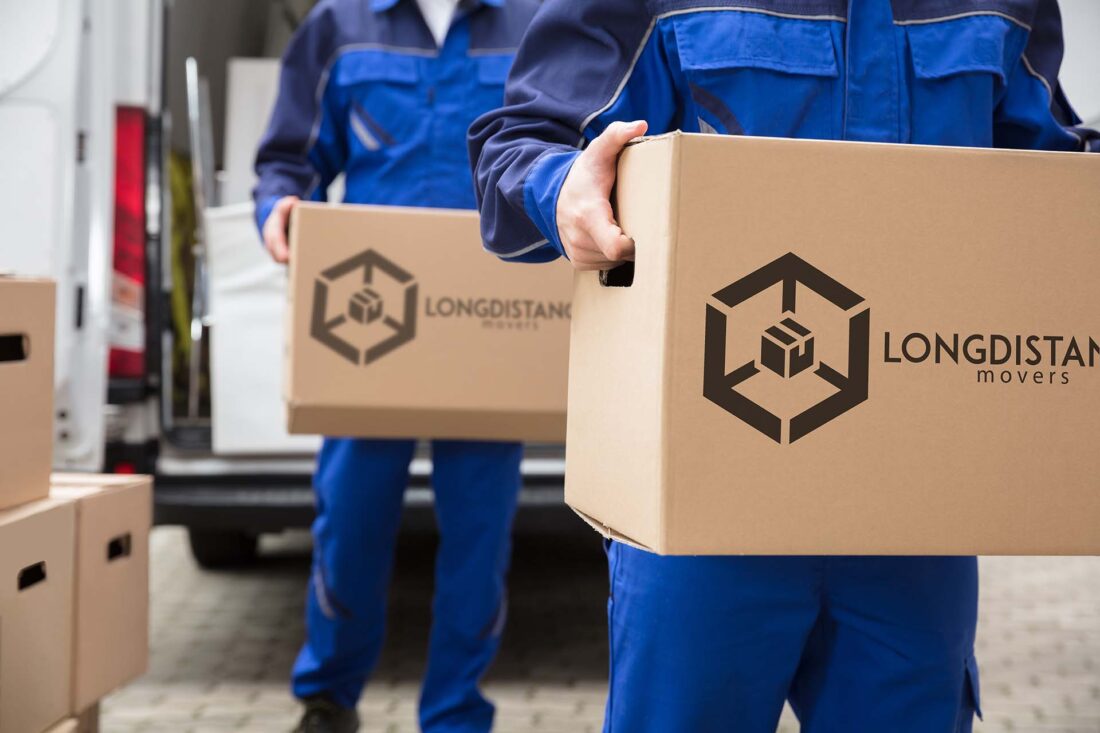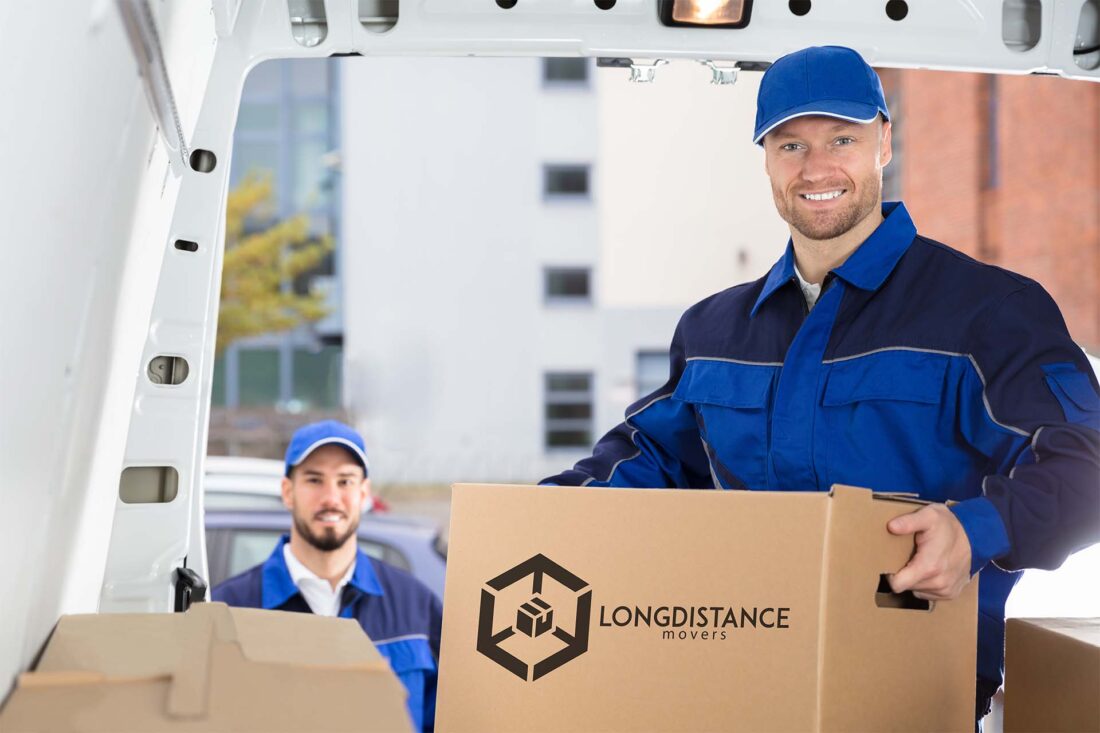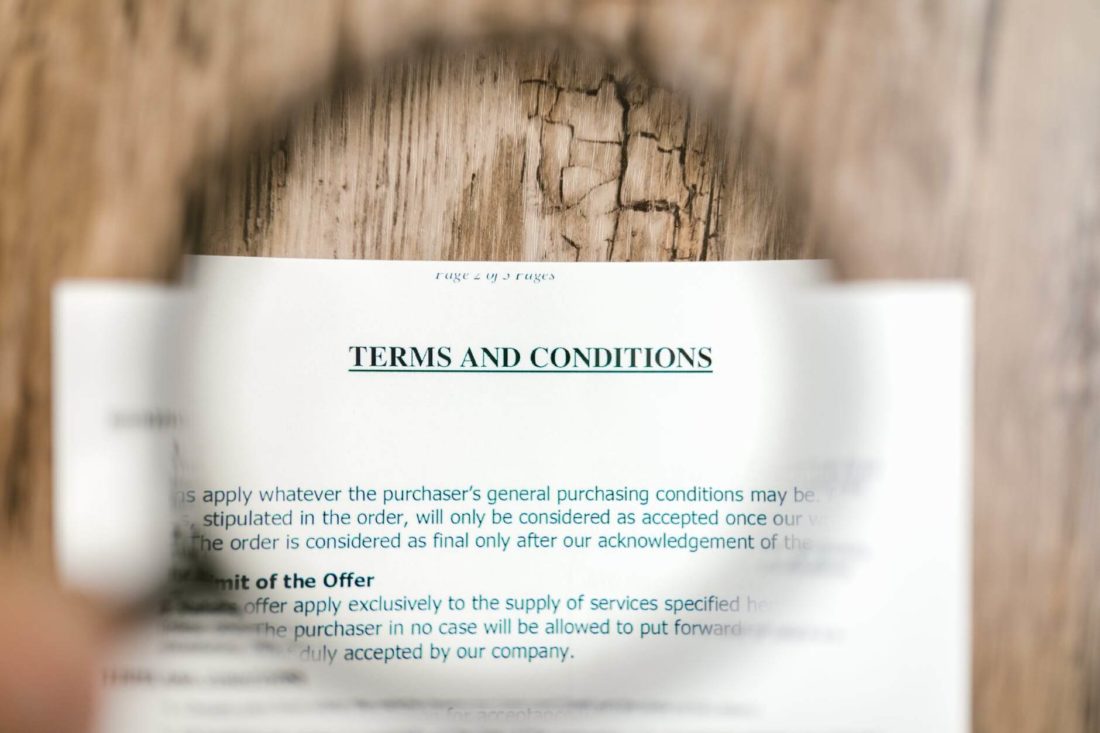The moving industry in the US is huge. There are 7,000 licensed and active companies that employ more than 482,000 people. Knowing those numbers, it is clear why learning how to check if a moving company is legitimate is of the utmost importance when organizing cross-country moving. Because the last thing you want is to be scammed and your belongings held hostage in some moldy storage place.


40 Millions of Americans Move Each Year, But Less than 10% Publicly Express Their Negative Relocation Experiences
According to a recent study, 40 million Americans move annually, which presents 13% of the total population. However, there are only 4 thousand complaints related to scams with FMCSA, which is, compared to 13,000 complaints and negative reviews written at BBB, pretty low. People fail to file an official complaint with relevant authorities because they don’t know who is in charge of controlling the legitimacy of movers. Others, feared of relocating and overwhelmed with the unpleasant situation, accept to play the blackmailing game and pay non-existent surcharges. However, those people are more likely to never again book the relocation with a cross-country moving company.
Both for customers and the moving industry, those fraudulent practices cause multiple problems. For that reason, knowing how to spot the potential relocating scams and how to make sure a company is legitimate is of the utmost importance before you start to organize your move. Here are all the details to help you move efficiently to your next home with the help of registered, professional, and experienced cross-country movers.


What Institutions are Controlling if Movers are Legitimate?
Buying some trucks, and hiring a couple of people to handle the relocations is simply not enough to proclaim the business legitimate. Actually, there are many requirements every individual who tends to run a long-distance moving company needs to fulfill in order to get the license and right to work.
According to Federal law, interstate relocation specialists have to register with the U.S. Department of Transportation for all their trucks. When it comes to the state’s law requirements, the majority of states require long-distance movers to hold a state license, and drivers to hold a commercial driver’s license.
Some states go for direct licensing of the relocation companies and perform a background check of the owner who is obliged to pass an exam of the legal and regulatory requirements. Nevertheless, you’re not obliged to know all the laws. It is enough to check through the FMCSA or AMSA, and see if the mover meets law requirements, and here is how you can do it.
Be Sure to Check the USDOT Number With Federal Motor Carrier Safety Administration
As part of the United States Department of Transportation, the Federal Motor Carrier Safety Administration is dedicated to developing safety standards for commercial motor vehicle operators. This includes that FMCSA is taking records of safety performance, and it is also a part of GPS fleet tracking.
In order to keep all the customers safe, FMCSA provided a mover search tool through their website, and the possibility for all customers to check licensed moving companies. All you have to do is type in their USDOT number. Accessing the base, you can find all the information regarding the company, complaints history, and other safety-related information. So, doing this before you sign the contract is of utmost importance to avoid one of the most common relocating mistakes and fail to check in detail the service provider you plan to entrust all the household goods with.
How FMCSA is authoritative for the industry and customers too, proves the fact that all professional movers are obliged to provide their customers with the booklet of Your Rights and Responsibilities When You Move. You’ll get this booklet in the printed form, or you’ll receive a link to access it. Also, with FMCA everybody who considers that was a victim of a relocation fraud can file a Moving Fraud Complaint, or call 1-888-DOT-SAFT (1-888-368-7238) and report the problem. Once the complaint is filed, it may become a Federal enforcement investigation against the mover, depending on their violation.
If you still have some questions about how FMCSA works, check the video below:
American Moving and Storage Association Offers Arbitration Program
AMSA is a non-profit association of professional movers that gathers more than 4,000 members, including different relocation providers, at the local, national, and international levels. This association is dedicated to improving the quality of the service, offering different types of training for professionals. However, it also monitors customer satisfaction and safety.
Still, the best thing that AMSA provides for its customers is the Arbitration Program in case the customer experienced any inconvenience, like loss or damage claims or disputed charges. This arbitration is conducted by National Arbitration Forum, which is a non-governmental organization, and independent. The arbitration is not free, and the Forum usually charges a fee of up to $650 to arbitrate the case. After you contact them, the next step is to file an Arbitration Request Form, and wait for it to unfold.


How to Check if a Company is Licensed and Insured?
The best way to be aware that the co. is properly licensed is going through the already mentioned FMCSA movers base since there will be listed only those relocating specialists who have the right to operate according to all laws.
In many states, the relocation companies are obliged to comply with Commerce Commission’s standards for insurance coverage and handling, loading, relocating, and unloading the goods. The co. is also required to provide the customers with the basic insurance policy that guarantees the reimbursement of 60 cents per pound of damaged goods in cases of damage during the transport.
So, in case that the company you are contacting doesn’t mention this type of protection or offer full value insurance, then you’re definitely bumped into scammers. You better continue searching for a trustworthy carrier to provide you with all necessary long-distance moving services to relocate you to a new state. Furthermore, don’t forget to explore how the stuff is insured in the storage facility, and what the policy covers.


Also Check the Website and Their Customers Reviews
Another great way to determine if the long-distance moving company is the right one for you, (and the thing most people forget to do when they move) is to check their website and the customer reviews!
If Google, Yelps, TrustPilots, or any other third-party website report some incredibly low ratings, it is the right time to skip this firm and proceed to search for the right one. However, make sure you research before signing the contract and booking the relocation.


What Are the Signs That Show You’re Dealing With Scammers?
The way the scammer’s work is, in many aspects, schemed and pretty similar. And exactly, these common tells should actually be considered red flags for you as a consumer. Here is everything you need to know about some most common fraudulent practices that will help you recognize fraud in a sec!
The Co. Will Avoid Answering Your Questions
Let’s suppose that your search for a reliable mover will start on the internet. Most probably, you’ll simply type into a Google, Bing, or any other browser “long distance movers near me,” and you’ll get the results of multiple service providers. You’ll visit a few websites, use the generic calculators to define the price of your move according to the size of your household, then you’ll get some really alluring price, and the final step – you will call a cross-country moving services provider.
The moment you get to the agent, you might have some questions, like is there a possibility to perform an in-house estimation? Can you get the written quote, or what are the payment options? The clear signs that you bumped into a scammer are the situation where the agent will avoid answering your questions. They might refuse to perform a home estimate – which is usually free with legit movers. Also, they might accept to provide you with services like shipping of live plants, which are forbidden by law. They will most certainly explain to you that all the further details will be agreed upon a few days before the relocation date itself. Again, we suppose that some customers would like this flexibility, low prices, and no need to lose any additional time signing the contracts.
Not Every Cheapest Offer Is Actually That Cheap
However, when the relocation date comes and fraudsters arrive in front of your home, the relocation could become a real nightmare. Not only that your bill could be incredibly increased compared to the initial offer, but your items could end up a hostage in some moldy storage place. Meaning, the cheapest way to move out of state will definitely look quite different, and your relocating budget will suffer major changes.
The very important detail you should always have in mind before accepting the quote is – by the law, the relocation firm has the right to increase the bill at the maximum of 10% of the total value of your quote. This can happen in case the streets are too narrow, there are no elevators, and the relocation specialists should carry the stuff using stairs, or any other inconvenience it wasn’t stated at the request. However, if the co. is serious about their business, they will explore all these details before the relocation date comes. All this is essential because it directly affects your finances and relocation expenses checklist.
So, if you want to stay away from scammers and reduce the anxiety about relocating out at the minimum, then not taking into consideration such offers is the best solution in this situation.


Always Check a Few Companies Before Booking the Relocation and Compare the Quotes
Having a stressless relocation experience is possible if you have clear information on the expenses and are able to estimate how much money you should save to move out of state. For that reason,comparing relocating quotes of different companies is of essential importance.
This way, not only that you’ll be able to find hassle-free movers and professional ones, but you’ll get an idea of how much movers cost for a 2 bedroom apartment. Also, you’ll figure out what are the ways of saving money on a move, and soon relocating from a small town to a big city won’t look any more expensive, or complicated.
So, after you check all the details we mentioned, start doing a home inventory, minimize the belongings to decrease the costs, and create the ultimate checklist for relocating to a new state. And, when all is said and done, we are sure you’ll enjoy all the benefits of relocation and the upcoming changes.





